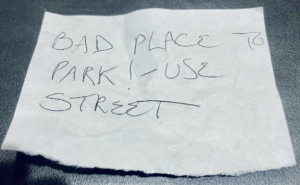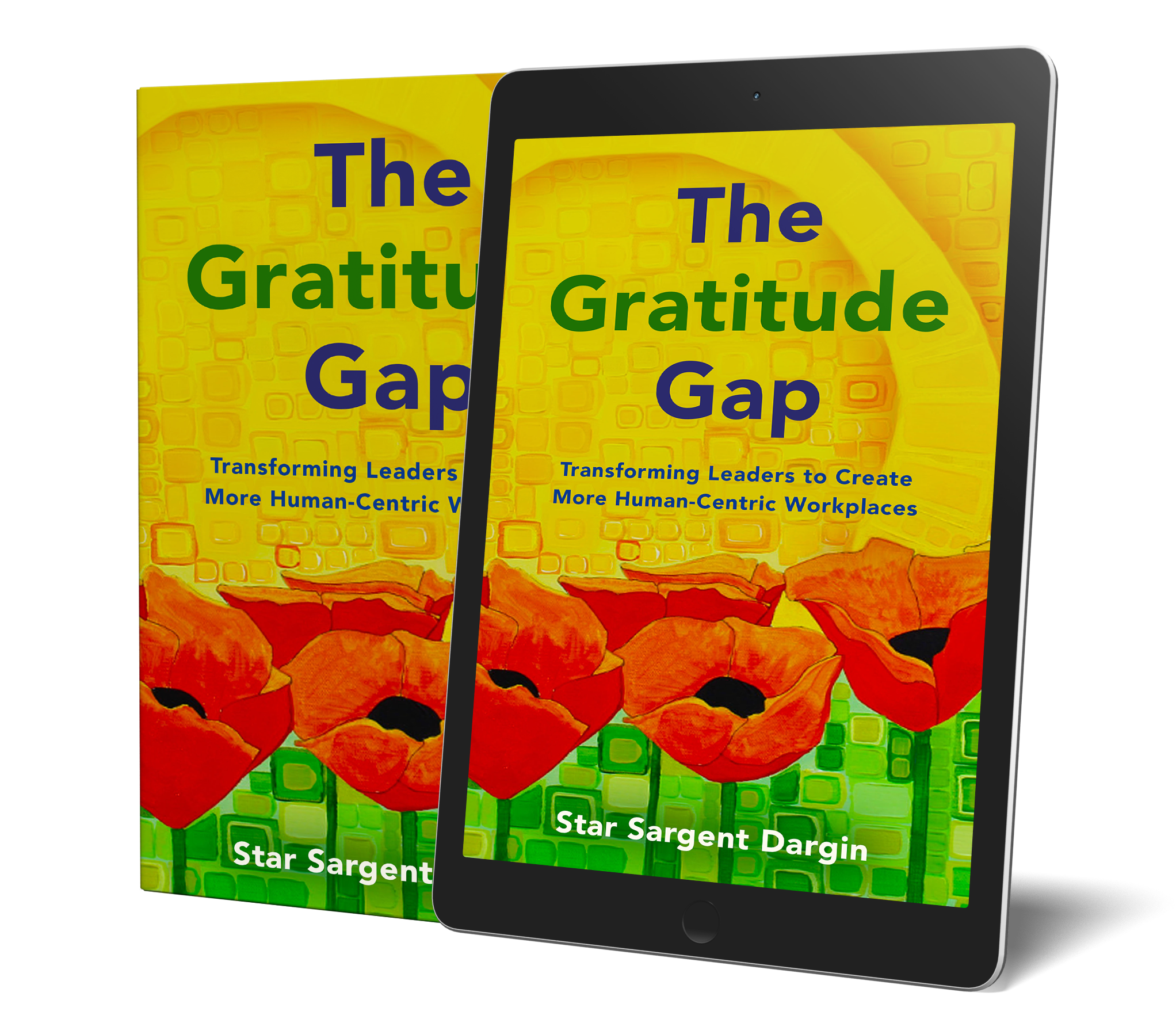Are you joyous and happy, grief-stricken and sad, or just burned out?
Regardless, it is NOT too soon to be grateful. Now is a perfect time to be genuinely grateful, without fake or forced gratitude. Faking or forcing gratitude is one of the thirty gratitude challenges I have identified previously. Reality is avoided when you fake or force gratitude and it will catch up to you when you attempt to avoid reality or step around it.
one of the thirty gratitude challenges I have identified previously. Reality is avoided when you fake or force gratitude and it will catch up to you when you attempt to avoid reality or step around it.
Most people think of gratitude and associate it only with positive emotions like happiness and joy. However, gratitude is possible and helpful when paired with negative emotions. When authentic gratitude is paired with negative experiences and emotions, it shines a light on all corners of reality.
It feels good to feel good. Gratitude makes us feel good, but it is abused when we force or fake it. People and ideas different from ours can make us feel bad and uncomfortable. It takes work to understand differences, which can also be uncomfortable. Gratitude is the lubricant to find common ground, connection, and discernment of reality where there may seem like none.
Gratitude is not about agreeing with differences; rather, it connects us and allows for full understanding so we can discern the specific differences and come to a mutually agreeable place. For example, you can grieve, be grateful, and be angry at someone who has passed. My friend was grieving deeply for her father who had recently passed away, and angry at him for his last words to her. Her go-to was to force gratitude. Her old adage, Be grateful, wasn’t working. When I asked her what she appreciated about her dad, a long list of things came out. She was able to see the entirety of his whole life and their relationship, and discern that a five-minute conversation didn’t capture a lifetime of love. A deep sense of gratitude allowed her to continue to grieve and appreciate what had been. She grieved and was grateful.
Overcoming the gratitude challenge of not seeing and stepping around reality requires getting curious and uncomfortable. With gratitude, it’s easier to get uncomfortable and see a different view with an open mind, no matter how cringeworthy things may seem.
Seeing reality and facts requires gratitude, which promotes openness and curiosity. Gather facts and research yourself so that you can see the entirety of a situation and come up with different choices appear that lead to alternative actions. Here are some warning flags that all of reality might not be present, and you should be curious when you see them.
Generalization and Labels. When you see the words “they” or “always.” One size does not fit all. Just because they say that golden retriever dogs are trainable [I had one] doesn’t mean they all are [ours wasn’t]. As the kids said, she wasn’t the sharpest knife in the drawer.
Oversimplification. If they only did that, it would be solved. The bigger the problem, the more complex the solution. Providing good food and great conversation is a simple answer and works well for a gathering of four people, but good food and conversation don’t just happen when thousands of people are involved. Where are the bathrooms? Any allergies? Parking? These details become important concerns that can easily be overlooked, and all tend to be handled differently with four people and with thousands.
Assu mptions. I parked my car in a little parking lot at a trailhead in New Hampshire, and one car was parked in, unable to get out. A note was left on my car’s windshield that shamed me. They didn’t know that the car I parked in was intentional; it was my friend that I was hiking with. By parking her in, more people could fit in the lot. Assumptions come from seeing the tip of the iceberg, not the whole story. The entire story was missed, and a wrong assumption was made. Be open that not everything is known or seen. Check logic and data. Ask. And synthesize to reach your own conclusion. Decide if it’s helpful or not.
mptions. I parked my car in a little parking lot at a trailhead in New Hampshire, and one car was parked in, unable to get out. A note was left on my car’s windshield that shamed me. They didn’t know that the car I parked in was intentional; it was my friend that I was hiking with. By parking her in, more people could fit in the lot. Assumptions come from seeing the tip of the iceberg, not the whole story. The entire story was missed, and a wrong assumption was made. Be open that not everything is known or seen. Check logic and data. Ask. And synthesize to reach your own conclusion. Decide if it’s helpful or not.
Context. Culture and people’s past experiences matter. Word usage and meanings change. Ones that were offensive years ago might not be now, and the reverse is true. Bad can mean cool. Gay only meant happy when I was growing up. Star wasn’t a first name anyone knew of when I was young. Star was a heavenly body [joke intended].
Intention. What is the outcome and impact intended by this person, this article, this podcast, this show? Is it to educate, create fear, or influence? Decision-making driven by fear and hate is narrow-minded and limited; not open. (Check out the science on that if you don’t believe me.)
Truth. The word truth seems to be abused lately. One person’s truth is another’s lie. Five people can see the same thing, and five truths can emerge. Is it an old woman or a young woman? Is the dress blue or red? Is the plate upside down or inside out? All of these are popular illusions that show both sides to be true, not just one side. It requires a willingness to learn and be open to the other truth.
Generalizing, labeling, oversimplification, and assumptions are sometimes helpful. Sometimes, a person’s truth or intention is a deep-seated belief that will never change.
As a professional speaker and workshop leader, I sometimes receive negative feedback for what seems ridiculous to me. I’ve even been dinged on my first name. However, I must be open to all of it, learn from it, take what I can, and improve. I’ve changed how I introduce myself because of the feedback.
The trick is, can you catch yourself closing up and spiraling into fear and hate? When you do, can you be grateful? Can you be uncomfortable, open, and accepting? It can be hard. My stance is to err on the side of love and acceptance in all communications, private and public.
Being open means having a guiding set of principles, values, or framework you try to live from consciously. My framework includes love, acceptance, learning, gratitude, and understanding.
Right now, it is wonderful to be grateful. Authentically grateful, not forcing or faking it. Gratitude complements both joy and grief. You can be grateful and sad. Both can co-exist. Gratitude is not being complacent; rather, it’s a place of finding and engaging in more expansive options.
I recommend embracing gratitude, whether you are happy or sad. It’s independent and not associated with or owned by any party or person.
What gets in the way of you embracing gratitude when there is negativity?


I think I recall this last time it went around … and am too rushed to make a comment but I’d ,like to watch the replay of the event when it’s done. It is so obvious when people fake it and pretend to be grateful, and there is too much of the automatic reflex (I almost wrote refux! Vomit emoji! ) gratitude around @ “Thanksgiving” so this is timely.